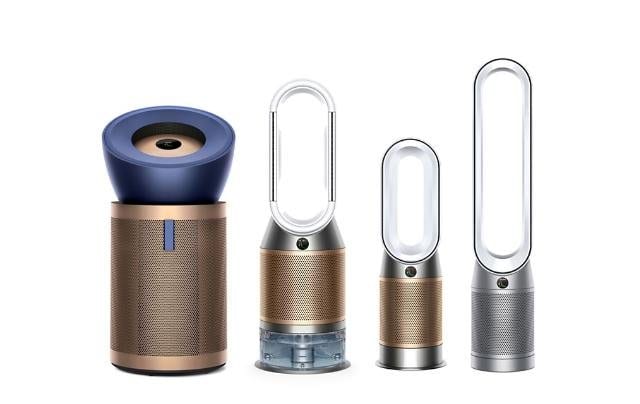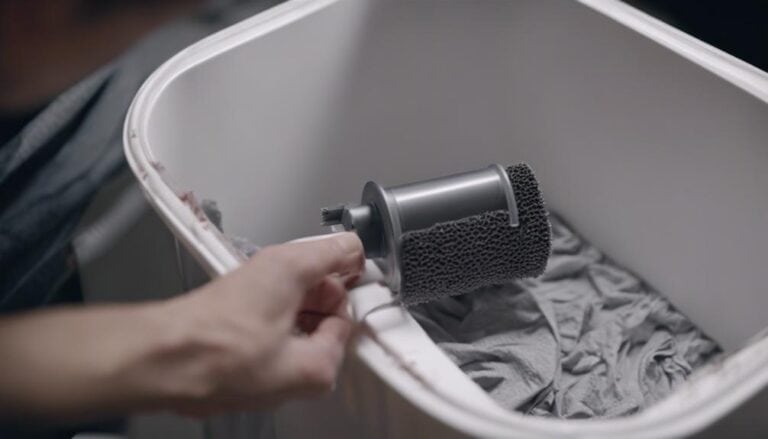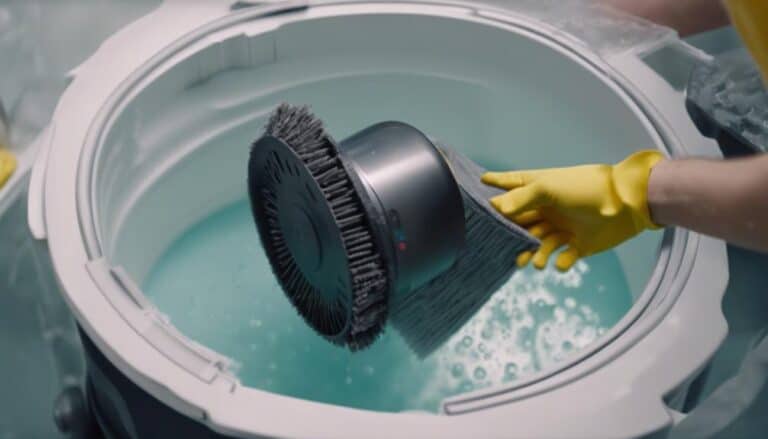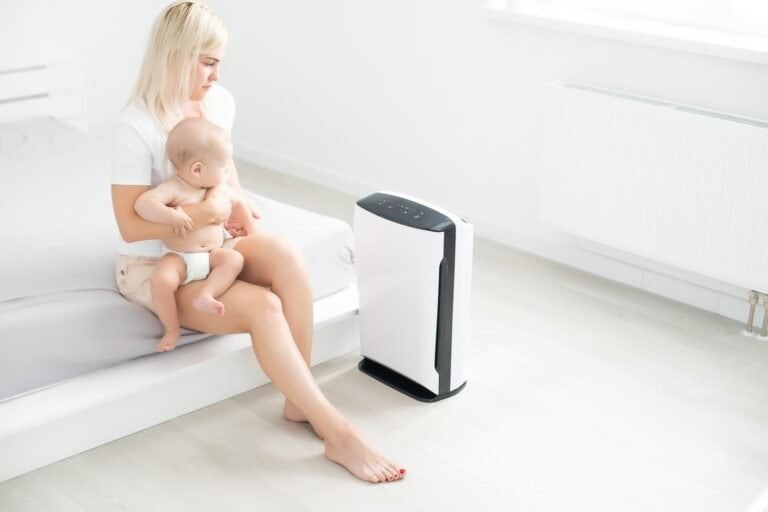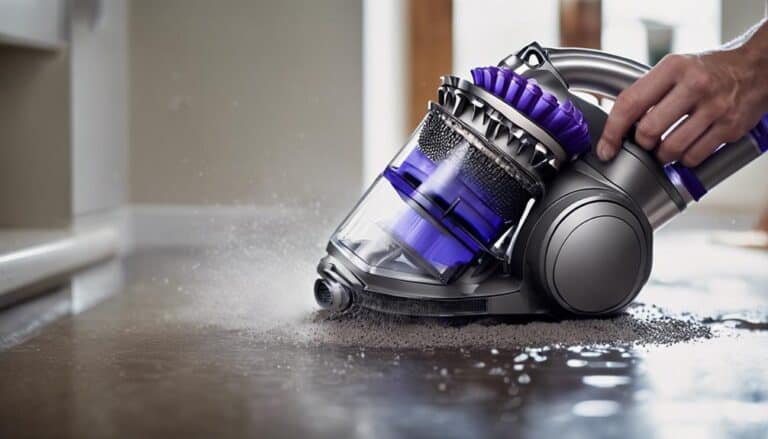Ensuring Optimal Air Quality: Exploring the Feasibility of Leaving Your Dyson Air Purifier On 24/7
In our pursuit of healthier living environments, it is essential to address the quality of the air we breathe. Air purifiers have emerged as a popular solution, and among them, Dyson Air Purifiers stand out for their superior technology and performance.
With their sleek design and advanced features, these purifiers leave many wondering whether it is feasible to keep them running continuously day in and day out – 24/7. In this article, we will delve into the topic of leaving your Dyson Air Purifier on around the clock and explore its feasibility in ensuring optimal air quality within your home or office space.
By examining factors such as energy consumption, filter life span, noise levels, user experiences, and expert recommendations; we aim to provide you with valuable insights that can help you make an informed decision regarding keeping your Dyson Air Purifier on 24/7 without compromising its efficiency or longevity.
The Benefits of Continuous Air Purification: Examining the advantages of leaving your Dyson Air Purifier on 24/7
The Benefits of Continuous Air Purification
Continuous operation of your Dyson Air Purifier can provide several advantages in terms of air quality and overall health.
- Improved Indoor Air Quality: Leaving your Dyson Air Purifier on 24/7 ensures consistent purification, continuously filtering out pollutants such as dust, allergens, and smoke particles. This helps maintain a healthier indoor environment, especially for individuals with respiratory issues or allergies.
- Reduced Asthma Symptoms: Continuous air purification reduces the presence of irritants that can trigger asthma attacks, providing relief for those who suffer from this condition. By removing airborne particles like pet dander and pollen from the air you breathe, a continuous purifier helps alleviate symptoms and improve respiratory function.
- Enhanced Sleep Quality: Keeping your Dyson Air Purifier running during sleep hours can lead to better-quality rest by eliminating common nighttime irritants like pet hair or mold spores from the bedroom atmosphere. Clean air promotes sounder sleep patterns and improves overall sleep hygiene.
Investing in continuous air purification through your Dyson Air Purifier has numerous benefits for optimal air quality and improved well-being—all with minimal effort needed on your part!
Addressing Energy Consumption: Analyzing the impact of running your Dyson Air Purifier continuously on your electricity bill
Impact on Electricity Bill
Running your Dyson Air Purifier continuously can have a noticeable impact on your electricity bill.
- Continuous usage means increased energy consumption, resulting in higher monthly costs.
- The Dyson Air Purifier is designed to be energy efficient, but leaving it on 24/7 will still contribute to a significant increase in electricity usage.
- It’s important to consider the potential financial implications before deciding whether or not to keep your air purifier running all the time.
Considering Energy Efficiency
The Dyson Air Purifier is known for its energy-saving features, but even with these measures in place, continuous operation will inevitably lead to higher energy consumption.
- The purifier uses advanced sensors and intelligent algorithms that adjust its performance based on air quality levels.
- Despite this efficiency, prolonged operation without breaks may result in unnecessary power usage during times when air quality is already optimal.
- To ensure a balance between maintaining clean indoor air and minimizing electricity costs, it may be more practical to use the purifier intermittently or according to specific needs rather than leaving it running constantly.
Extending Filter Lifespan: Exploring how continuous operation affects the longevity of your Dyson Air Purifier’s filters
Extending Filter Lifespan: Exploring the Impact of Continuous Operation
Continuous operation of your Dyson Air Purifier can have a significant impact on the lifespan of its filters. By keeping the purifier running 24/7, you ensure constant air purification and maximize filter efficiency. When left on continuously, the filters are able to capture and trap more airborne particles such as dust, pollen, and pet dander.
Leaving your Dyson Air Purifier on all day also prevents any build-up of pollutants in your home by constantly filtering out impurities. This means that fewer contaminants will settle on surfaces or be circulated throughout your living space. As a result, not only do you enjoy cleaner air, but it also reduces the strain on other cleaning devices in your home.
By allowing continuous operation and maintaining optimal airflow through regular maintenance checks, you can extend the lifespan of filters significantly— ultimately saving costs associated with frequent replacements. Remember to clean or replace filters as recommended by Dyson for optimal performance.
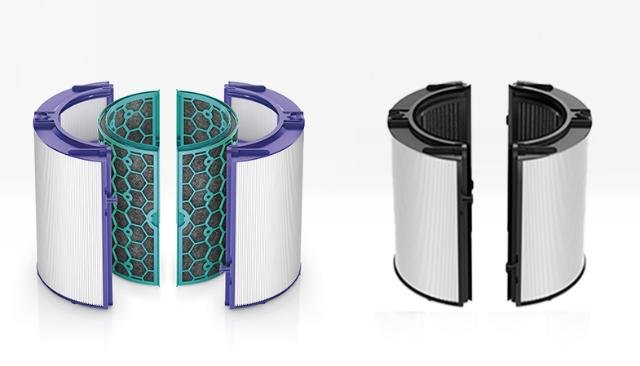
Noise Levels and Sleep Quality: Investigating the potential disruptions caused by keeping your Dyson Air Purifier on during the night
- We all know that a good night’s sleep is crucial for our overall well-being. But, have you ever wondered if leaving your Dyson Air Purifier on could be affecting the quality of your sleep?
- Some users report being bothered by the noise generated by their air purifiers at night, which can disturb their sleep patterns.
- While Dyson offers low-noise options with their air purifiers, it’s still important to consider how sensitive you are to sound when deciding whether to keep it running throughout the night.
The impact of noise on sleep quality:
- Studies suggest that excessive or disruptive noise during nighttime hours can lead to poor sleep quality and even long-term health issues.
- Our bodies rely on quiet environments during sleep to reach deeper stages of restorative rest.
- Even subtle noises from appliances like air purifiers may disrupt this process, triggering awakenings or preventing us from entering into deep REM (Rapid Eye Movement) sleeping phases.
Finding a balance:
- If you’re concerned about preserving optimal air quality while also prioritizing uninterrupted slumber, one option is using timing functions available in some models.
- These functions allow you to schedule specific periods when your Dyson Air Purifier will automatically turn off and restart according to your preferences.
- This way, you can enjoy improved indoor air quality throughout most of the day without sacrificing peaceful nights.
Please note that individual experiences may vary based on personal preferences and sensitivity levels. It’s essential always to listen carefully for any unexpected disturbances during usage and adjust settings accordingly.
Environmental Considerations: Evaluating the environmental impact of running your Dyson Air Purifier non-stop
Environmental Considerations
Running your Dyson Air Purifier non-stop may have some environmental consequences to consider.
- Increased Energy Consumption: Leaving the purifier on continuously means higher energy usage, which can contribute to greenhouse gas emissions and climate change.
- Waste Generation: Extending the lifespan of your air purifier may result in increased waste generation over time with more frequent filter replacements required.
- Noise Pollution: Continuous operation of the machine could potentially contribute to noise pollution, disrupting peaceful environments.
The Carbon Footprint
By running your air purifier 24/7, you are significantly increasing its carbon footprint due to continuous electricity consumption. This increased demand for power contributes to heightened greenhouse gas emissions, thus exacerbating global warming and climate change.
Filter Replacements and Waste Management
Using an air purifier constantly leads to faster filter saturation and necessitates more frequent replacements. Consequently, this generates additional waste that must be properly managed or recycled according to local regulations.
It’s important to evaluate whether the benefits of leaving your Dyson Air Purifier turned on all day outweigh these environmental considerations. Taking steps towards reducing energy usage and responsible waste management can help mitigate any potential negative impacts while still ensuring optimal air quality.
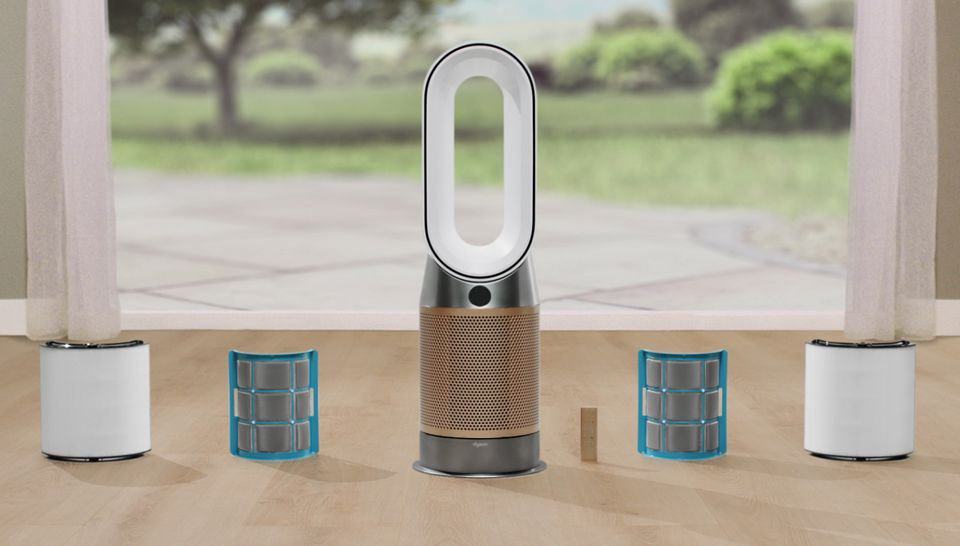
Finding the Balance: Tips for optimizing air quality while minimizing energy consumption with your Dyson Air Purifier
Tips for optimizing air quality while minimizing energy consumption with your Dyson Air Purifier
- Maintain a clean and dust-free environment: Regularly cleaning your home or office space can help reduce the amount of airborne particles that your Dyson Air Purifier needs to filter. Vacuuming carpets, sweeping floors, and wiping surfaces regularly can minimize the workload on your purifier and improve its efficiency.
- Choose appropriate settings: Adjusting the fan speed and airflow direction based on the specific needs of each room will optimize air circulation without wasting unnecessary energy. Lower settings are often sufficient for smaller spaces, whereas higher settings may be necessary in larger rooms or when there are more pollutants present.
- Utilize scheduling features: Taking advantage of the timer feature on your Dyson Air Purifier allows you to set it to operate only during certain times of day or night when you anticipate higher levels of indoor pollution. This helps maximize air purification while minimizing energy consumption by running it only when needed.
- Regularly maintain and replace filters: Cleaning or replacing filters as recommended by the manufacturer ensures that your Dyson Air Purifier remains efficient and effective at removing pollutants from the air. Neglecting this maintenance could result in decreased performance and increased energy usage over time.
By following these tips, you can strike a balance between optimal air quality and minimizing energy consumption with your Dyson Air Purifier.
